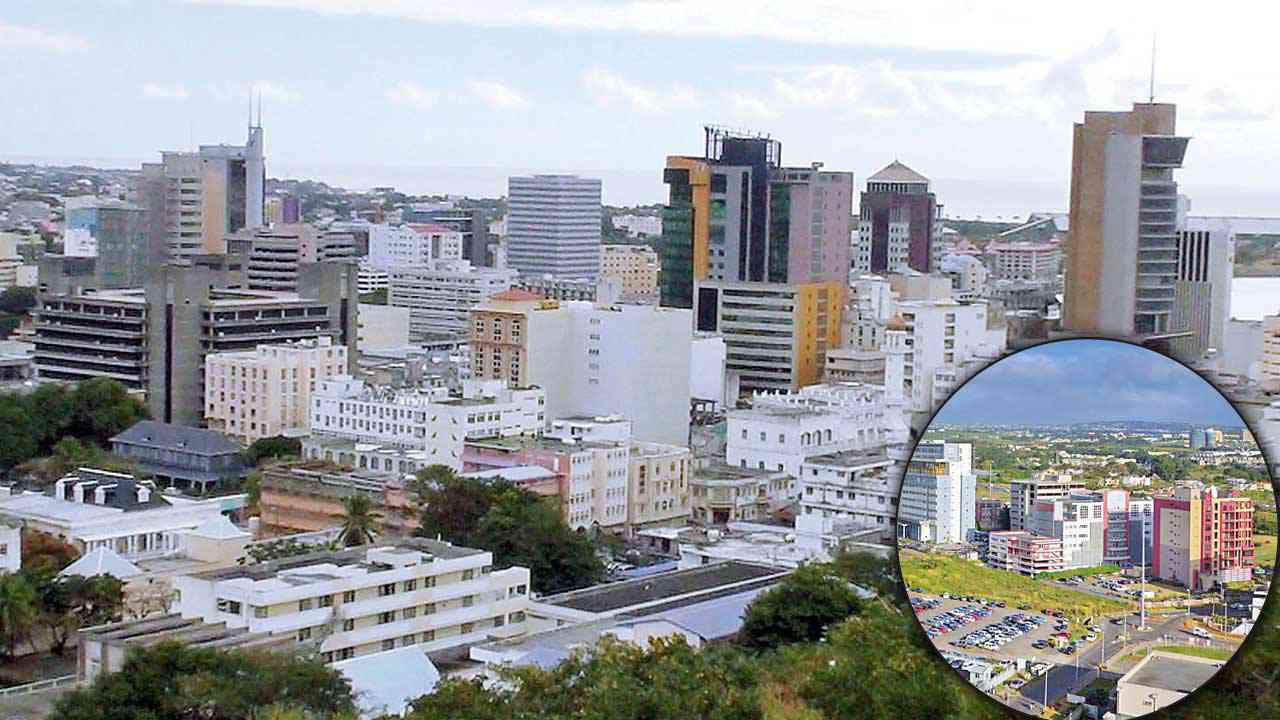
A new report names and shames 15 of the ‘world’s worst’ tax havens, with the Indian Ocean island nation of Mauritius coming close to bottom on the list.
Charity organisation, Oxfam, said that business is dodging tax on an industrial scale, depriving governments across the globe of the money they need to address poverty and invest in healthcare, education and jobs. The international group has compiled a list of ‘the world’s worst corporate tax havens’ – “extreme examples of a destructive race to the bottom on corporate tax which has seen governments across the globe slash corporate tax bills in an attempt to attract business,” Oxfam said.
 The organisation’s researchers compiled the ‘world’s worst’ list by assessing the extent to which countries employ the most damaging tax policies, such as zero corporate tax rates, the provision of unfair and unproductive tax incentives, and a lack of cooperation with international processes against tax avoidance – including measures to increase financial transparency. Oxfam pointed out that many of the countries on the ‘world’s worst’ list have been implicated in tax scandals.
The organisation’s researchers compiled the ‘world’s worst’ list by assessing the extent to which countries employ the most damaging tax policies, such as zero corporate tax rates, the provision of unfair and unproductive tax incentives, and a lack of cooperation with international processes against tax avoidance – including measures to increase financial transparency. Oxfam pointed out that many of the countries on the ‘world’s worst’ list have been implicated in tax scandals.
For example Ireland hit the headlines over a tax deal with Apple that enabled the global tech giant to pay a 0.005 percent corporate tax rate in the country. The British Virgin Islands also recently featured in international news, as it was revealed to be the home to more than half of the 200,000 offshore companies set up by Mossack Fonseca – the law firm at the heart of the Panama Papers scandal.
Oxfam noted that tax dodging by multinational corporations costs poor countries at least $100 billion every year. The charity stressed in its report that tax havens are only part of the problem. Countries across the world are slashing corporate tax bills as they compete for investment. The average corporate tax rate across G20 countries was 40% 25 years ago – today it is less than 30%, Oxfam said.
The use of unproductive and wasteful tax incentives is also ballooning – particularly in the developing world. For example, tax incentives cost Kenya $1.1 billion a year – almost double their entire national health budget, the charity said.
When corporate tax bills are cut, governments balance their books by reducing public spending or by raising taxes such as VAT, which fall disproportionately on poor people, it said. For example, a 0.8% cut in corporate tax rates across OECD countries between 2007 and 2014 was partially offset by a 1.5% increase in the average standard VAT rate between 2008 and 2015. Oxfam called on all governments to improve tax transparency by requiring all multinational companies to publish financial reports for every country in which they operate.
Source: Businesstech
 J'aime
J'aime














